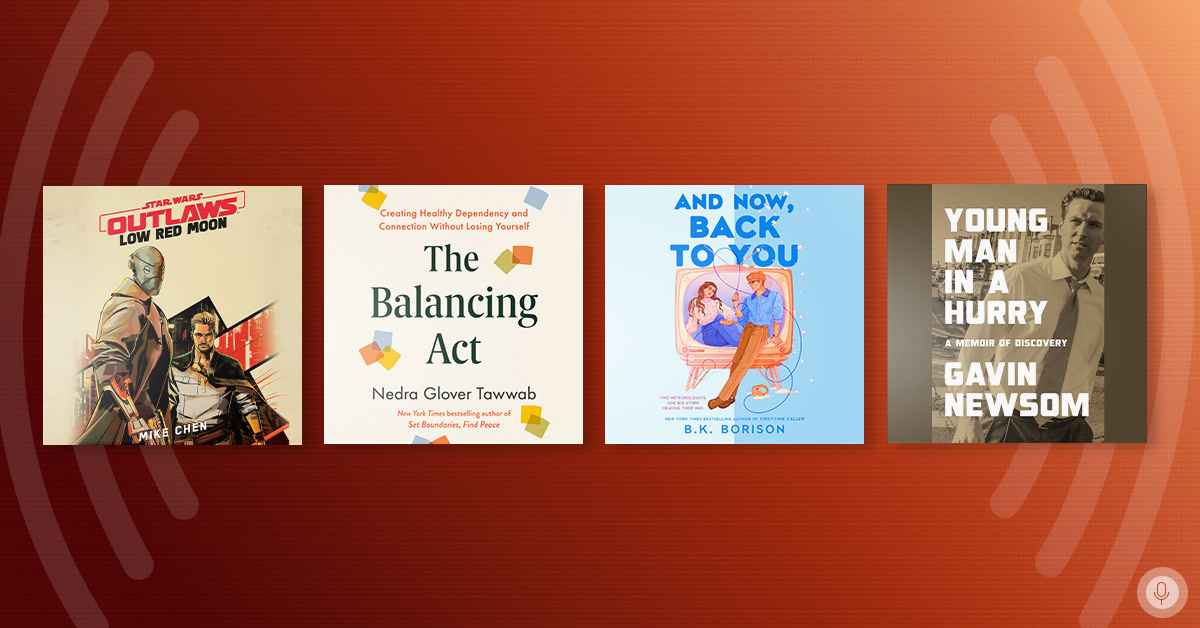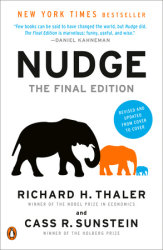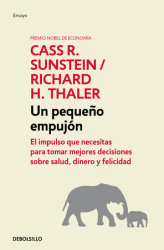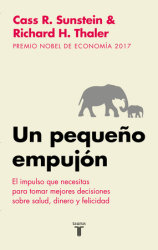Richard H. Thaler
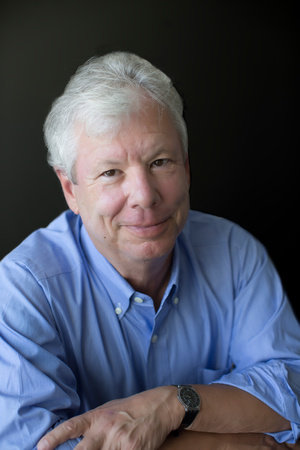
Photo: © France Leclerc
Richard H. Thaler, who was awarded the Nobel Prize in Economic Sciences in 2017 for his pioneering work in the fields of behavioral economics and finance, is the Charles R. Walgreen Distinguished Service Professor of Behavioral Science and Economics at the University of Chicago’s Booth School of Business, where he is the director of the Center for Decision Research. He is also the co-director (with Robert Shiller) of the Behavioral Economics Project at the National Bureau of Economic Research and the 2015 President of the American Economic Association. He has been published in several prominent journals and is the author of a number of books, including Misbehaving: The Making of Behavioral Economics.
